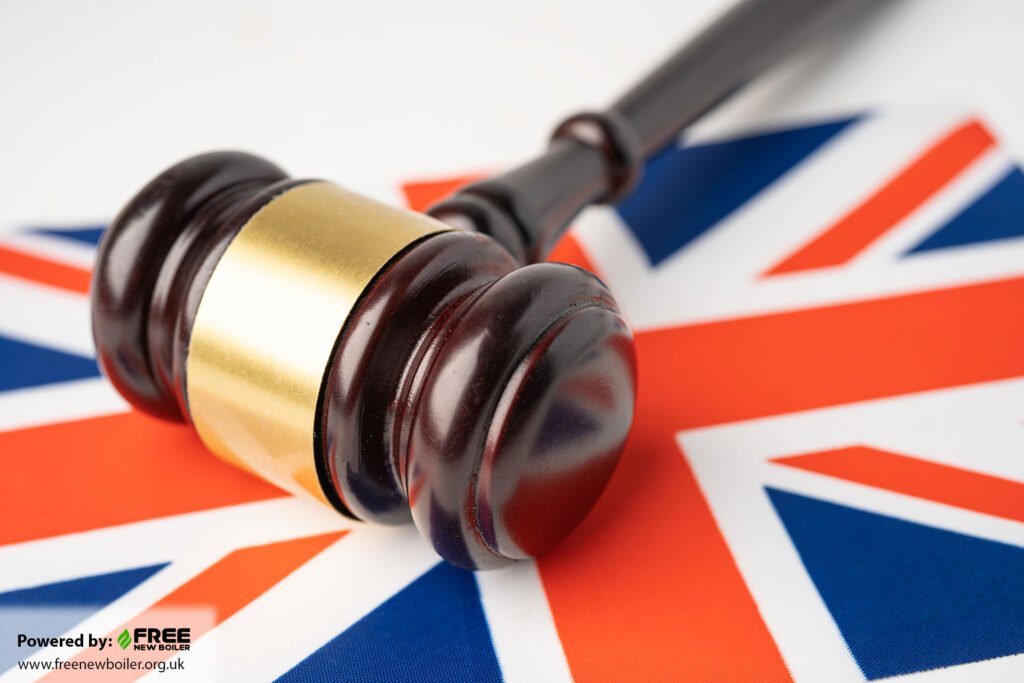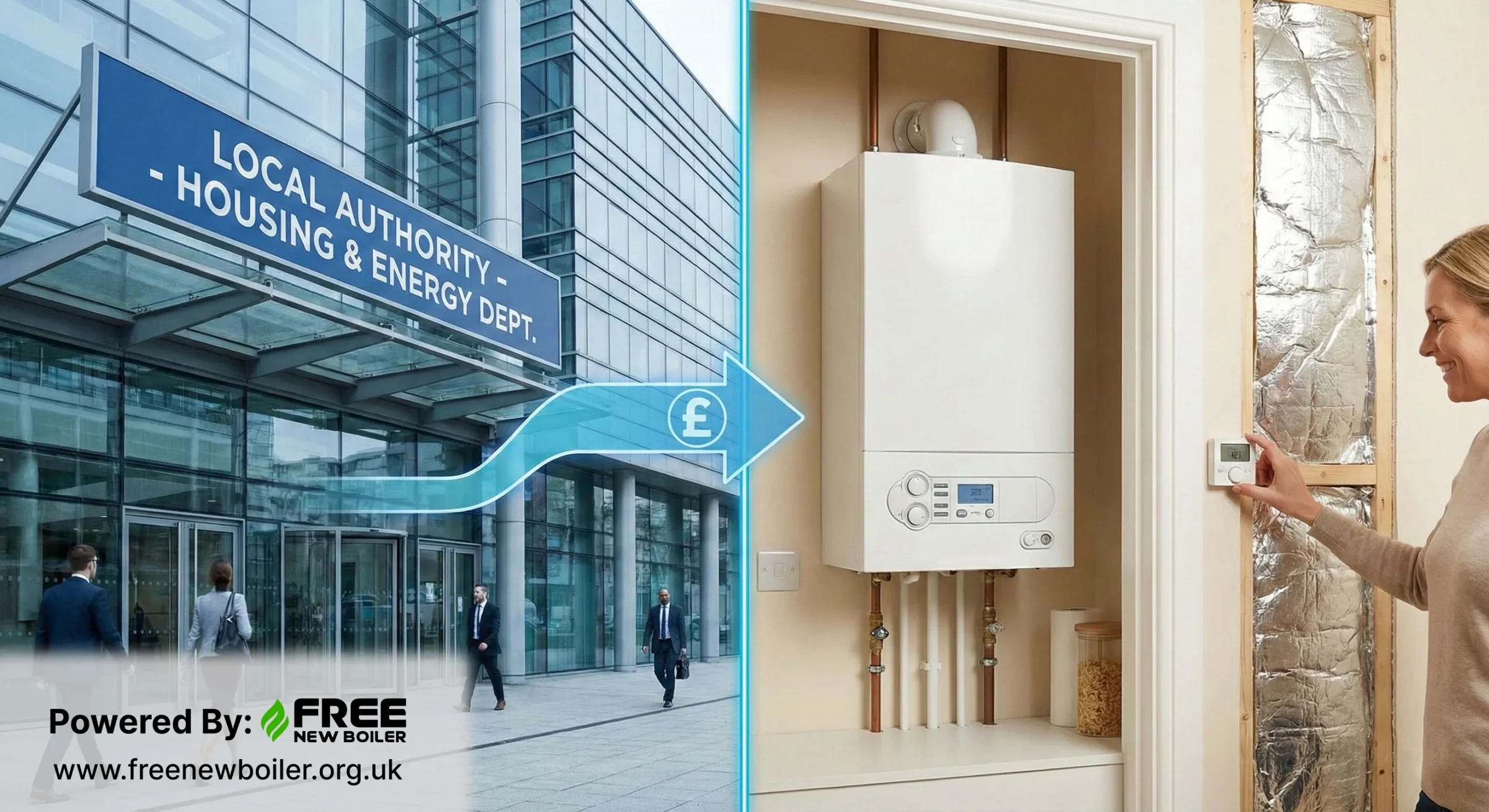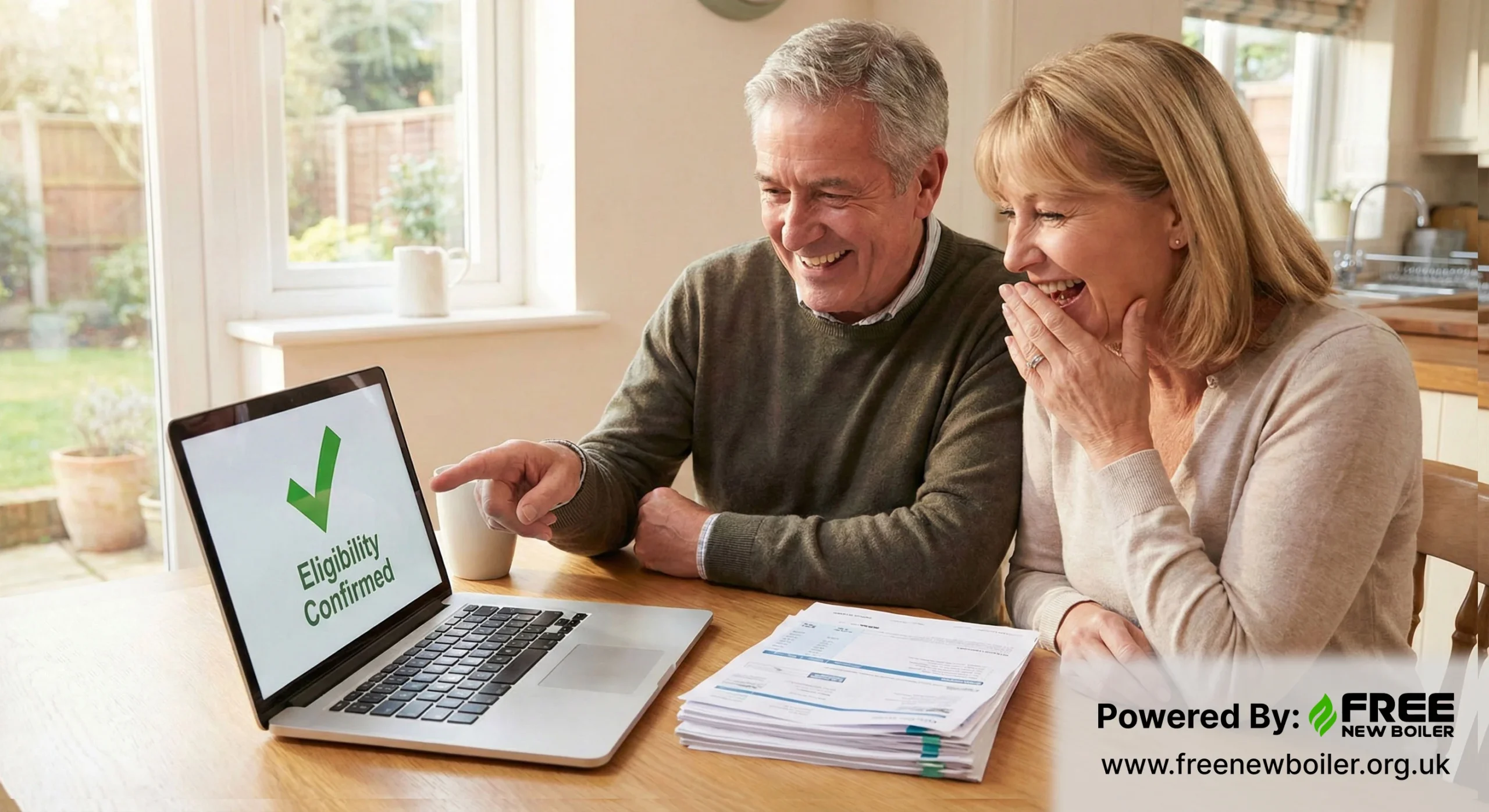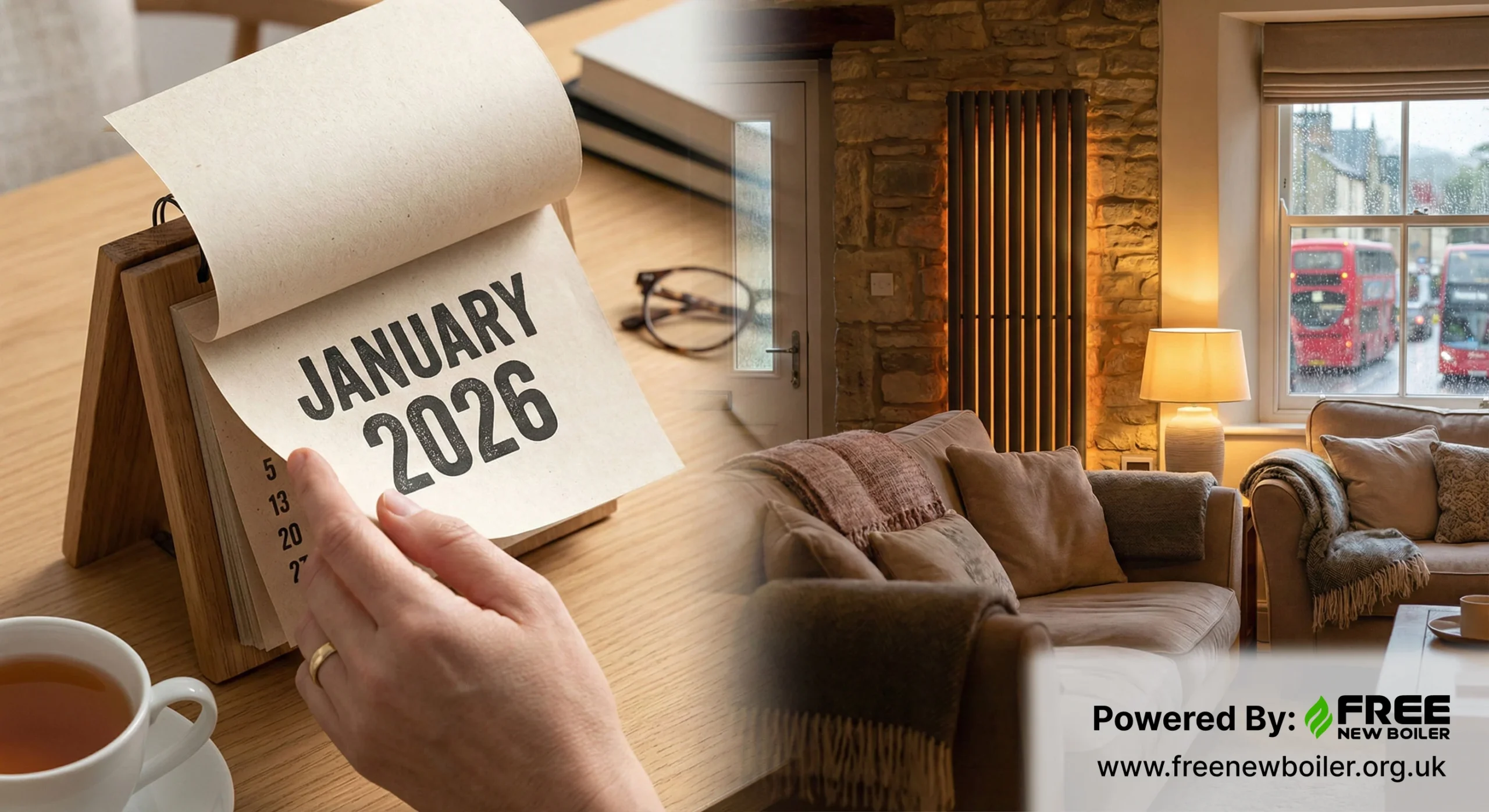Legal Rights for Grant Applications
Every applicant seeking energy support, such as through ECO4 boiler grant applications, deserves equal and fair treatment when applying for energy assistance, regardless of age, disability, income status or living situation. Unfortunately, not everyone understands their legal rights under UK law when applying for such schemes.
This guide explores how to protect your rights, what nondiscrimination looks like for ECO4 eligibility purposes and how to take action if you believe you’ve been treated unfairly.
Why Legal Rights Matter in ECO4 Boiler Grant Applications
Government initiatives like the ECO4 scheme aim to help low-income and vulnerable households access energy-efficient heating; however, without clear legal understanding and interpretation, many eligible applicants — particularly disabled individuals and older people — may encounter unintended bias or exclusion.
Acknowledging your rights ensures:
- Equal Access to Funding
- Transparency in Decision-Making
- Recourse for Unfair Treatment.

The Equality Act 2010 and Boiler Grant Access
Under the Equality Act 2010, discrimination in providing public services — including energy efficiency grants — is strictly forbidden.
This includes:
- Direct Discrimination: For instance, rejecting an application solely based on disability or age.
- Indirect Discrimination: e.g., making all applications digital without alternatives that accommodate individuals with certain impairments.
- Failing to make reasonable adjustments: for instance, by failing to offer accessible communication methods.
Key Insight: Any aspect of the ECO4 boiler grant application process which creates unnecessary barriers for people with disabilities or other protected characteristics could be considered unlawful under your legal rights for grant applications.
Disability-Related Rights in Eco4 Schemes
If you have a disability and apply for a boiler grant, you are eligible to:
1. Accessible Application Formats
Paper Forms, Telephone Support, or In-Person Assistance
2. Reasonable Adjustments
Providers must offer reasonable adjustments, such as extended deadlines or site visits, if your condition impacts how you manage tasks.
3. Respectful, Nonjudgmental Communication
No one should invalidate your eligibility on the basis of stereotypes about disability. Legal Tip: If your grant provider refuses to adjust their processes in accordance with your disability, you may be able to file a complaint under the Equality Act
Nondiscrimination in ECO4 Eligibility: What It Looks Like
Even when meeting financial and benefit eligibility, some applicants can still be overlooked due to:
- Misinterpreting disability-related benefits
- Stereotyping applicants as “less in need”
- Overlooking regional outreach initiatives for underserved communities.
The Environmental Compliance Offset Certificate 4 scheme and Equal Pay Act compliance signifies this fact:
- All eligible benefits, such as PIP, DLA or ESA, should be treated equally.
- Tenants and homeowners should be evaluated using similar standards.
- Applicants should receive clear, jargon-free communication.
What to Do If You Experience Discrimination
1. Document Everything (To be Complete).
To effectively document everything that occurs in our lives – emails, phone calls and all correspondence – it is imperative to keep a thorough record.
2. Raise a Formal Complaint
To file a formal complaint about an ECO4 provider or installer, first make contact and request a written response from them.
Example:“I feel my application was unfairly denied due to a misunderstanding about disability benefits, and I would appreciate receiving a written explanation consistent with your equality policy.
3. Consult With A Legal Advisor Or Advocate
If your problem remains unresolved, reaching out for legal assistance may help:
- Citizens Advice,
- Equality Advisory Support Service (EASS)
- A solicitor specializing in disability and public service rights
Case Study 2 – Paul’s Fight for Fair Treatment
Paul, 65 years old and receiving Personal Independence Payment (PIP), applied for an ECO4 boiler grant through a regional supplier and met all criteria. Yet, his application was denied without a clear explanation as to why.
Paul turned to Citizens Advice, who assisted in filing an official complaint. Within weeks, the provider reviewed Paul’s application, apologized, and approved a grant covering fully the costs associated with an A-rated boiler replacement.
“Initially, I felt disregarded, but after becoming familiar with my rights, I gained the courage to push back.
Government Oversight and Accountability was formed to oversee government oversight.
The UK government requires that partners of the ECO4 scheme comply with equality legislation such as local councils and energy suppliers. For instance:
- Implement inclusive application processes
- Offer complaints mechanisms
- When necessary and review outcomes to ensure fairness.
If you believe your local authority or grant provider is failing to meet these standards, please report it here:
- The Office of Gas and Electricity Markets (Ofgem)
- Your local MP
- Equality watchdogs
Final Thoughts: Protecting Your Rights & Getting What You Deserve
Everyone deserves fair treatment when applying for an ECO4 boiler grant. Knowing your legal rights for grant applications empowers you to secure fairness:
- Submit requests to challenge unfair decisions
- Get more support
- Ensure your voice is heard
Don’t allow discrimination or confusion to prevent you from receiving the support that is due to you – make use of your rights!
FAQs
Can a boiler grant provider deny my application based on my disability?
No. Under the Equality Act 2010, discrimination based on disability is illegal in public services like ECO4.
What if the application process isn’t accessible to me?
You can request reasonable adjustments, such as alternative formats or in-person help. Providers are legally obligated to comply.
Who can I contact if I feel discriminated against?
You can contact Citizens Advice, the Equality Advisory Support Service (EASS), or a solicitor.



